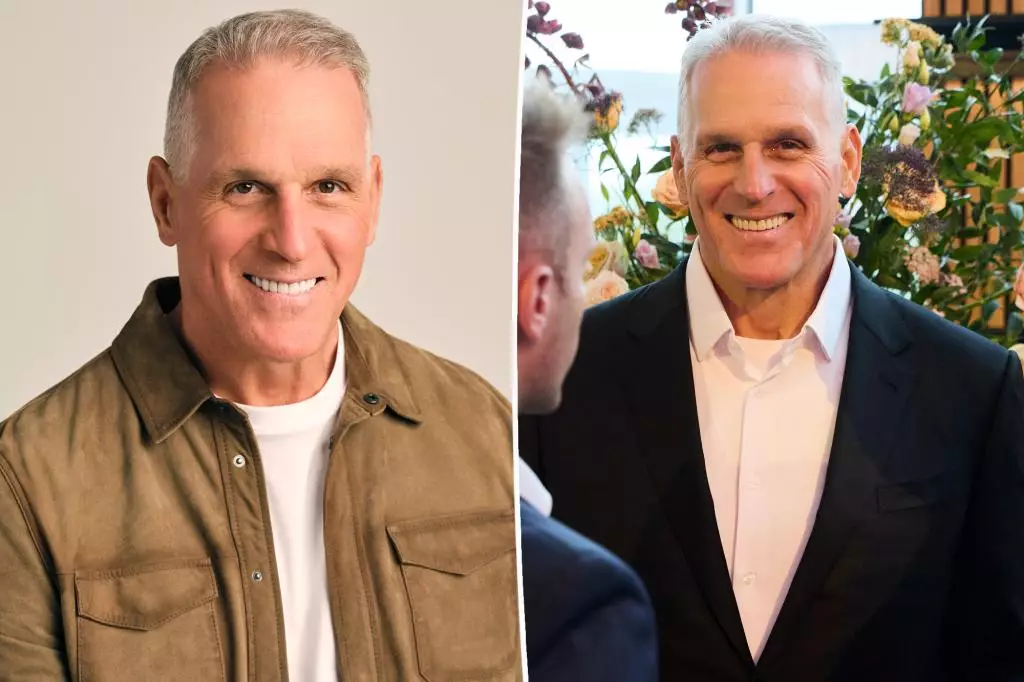“The Golden Bachelor,” a unique offshoot of the widely popular “Bachelor” franchise, has attracted attention as it spotlights romance in the later stages of life—a refreshing departure from the typical youthful dating show. The first season featured Gerry Turner, age 72, whose relationships with women 60 and older culminated in a brief but hopeful marriage. This concept of celebrating love among seniors was met with enthusiasm from viewers, many of whom expressed that the show offered inspiration and hope for romance beyond midlife.
However, the upcoming second season has generated controversy well before it even aired, and it’s not focused on romance or personal connections. Instead, Mel Owens, the 66-year-old lead, sparked widespread debate by openly dismissing any potential partner over 60. Such candid remarks have raised significant questions about ageism, superficiality, and how senior dating is portrayed in mainstream media.
When Personal Preferences Cross Into Ageism
Mel Owens’ statement that he was cutting off dating prospects over age 60, and his blunt comments urging producers to find women “fit” and without “artificial hips and wigs,” reveal deeper issues than mere personal preference. There is a profound difference between individual tastes and reinforcing harmful stereotypes, especially when these opinions are broadcast on a nationally televised program that centers on seniors.
Owens’ narrow criteria seemingly undermine the show’s original mission: to showcase the genuine and diverse experiences of older adults seeking companionship. His remarks betray an underlying age bias that fetishizes youthfulness and physical appearance, implying that aging bodies are inherently unattractive or undesirable. This dismissal risks alienating the very demographic the show aims to empower.
Social media backlash was swift and vocal, with critics highlighting the hypocrisy of a 66-year-old man publicly shaming older women while being single himself. Many pointed out the superficiality of Owens’ stance, suggesting that genuine connections rely on far more than just physical fitness or age limits. The uproar signals an important cultural frustration with ageist attitudes—especially those coming from people who should be champions of inclusivity within the aging community.
The Fragility of Love on Senior Reality TV
Reflecting on the franchise’s first season, it’s clear that senior relationships on television face unique challenges. Gerry Turner’s marriage to Theresa Nist, who was 71, ended after a mere three months. While their union showed vulnerability and courage, it also demonstrated that senior relationships are complex and often subject to difficult realities beyond the rose ceremonies and cameras.
Yet, what stands out about Turner and Nist’s story is their openness. They engaged in honest conversations about their situation, setting a tone of authenticity. Theresa’s post-show experiences further illustrate how senior women navigate romantic opportunities and societal expectations. Her candid remarks about receiving advances from significantly younger men add a nuanced layer to the conversation about senior dating, challenging the notion that romance must be neatly confined to one age bracket.
Rethinking Age and Attraction Beyond Surface-Level Standards
Owens’ insistence on physical fitness and his aversion to what he calls “artificial hips” and wigs expose a troubling priority on aesthetics at the expense of emotional connection. It’s a stark reminder that ageism often intertwines with unrealistic beauty standards, leading to the exclusion of individuals who embrace the natural process of aging.
Such rigid criteria reduce a complicated, beautiful phase of life to a checklist of superficial attributes. Senior dating should not be a battleground of youth preservation but a celebration of lived experiences, emotional maturity, and the rich perspectives seniors bring to relationships.
The backlash against Owens may also indicate a broader cultural shift. Audiences increasingly demand respect and dignity in portrayals of older adults, expecting media to challenge stereotypes rather than reinforce them. The controversy invites producers and participants of senior-focused shows to rethink how they approach casting and messaging—not just to appeal to ratings but to honor the realities of aging with grace.
Charting a Path Forward for Senior Dating Shows
Ultimately, “The Golden Bachelor” season two presents a crossroads. Will it embrace a more inclusive vision of love that respects all facets of aging? Or will it continue perpetuating narrow ideals that alienate many seniors who are seeking genuine connection?
There is an opportunity here for the show to pioneer a new kind of romantic narrative—one that dismantles ageist prejudices and celebrates authenticity above appearance. Whether producers heed the feedback or allow controversy to simmer remains to be seen, but the conversation sparked by Owens’ comments proves one thing: senior dating deserves more than superficial judgments. It deserves empathy, complexity, and above all, respect.

